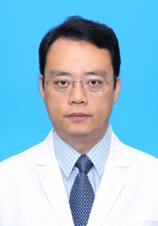The department of nutrition was founded in 1997 and has been in charge of patients'nutritional support, teaching, and academic research ever since. Our group includes the department chief Dr. Yun ZHANG who is also a chief general surgeon, three dietitians, and eleven nutritionists.
As part of our daily routine, we evaluate the risks of malnutrition and provide consultation for outpatients and inpatients on weight control, enteral and/or parenteral nutrition support plans. In addition, our department works with catering department to create various menus for patients with specific needs, including but not limited to diabetic diet, low- and non-fat diet, and balanced-vegetarian diet.
We annually recruit and accept trainees and fellows like recent graduates, doctors, nurses, and nutritionists from local hospitals to spread our experience in clinic. During your training, your responsibilities increase with your experience, capability, and performance. You will become highly skilled in nutritional evaluation and weight management, and gain extensive experience with the clinical and research tools needed for a successful academic career in nutrition and dietetics.
Upon your arrival, you'll notice the department of nutrition is one of the most crucial and fast-developing division of the Fist Affiliated Hospital of Zhejiang University. We take note of where you came from and what led you here. Everything we do is centered around mentoring you in medical research and patient care to have the impact you’ve always known you could have.

